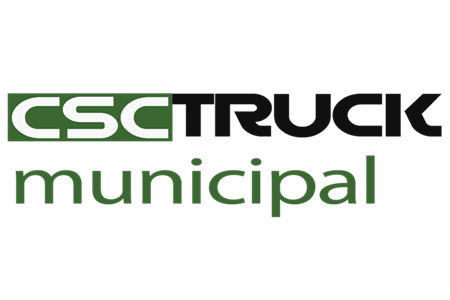Sweeper trucks have become an integral part of modern urban infrastructure, helping to keep our streets clean and maintain a healthy environment. These specialized vehicles have come a long way since their inception, undergoing significant evolution and technological advancements. In this article, we will take a journey through time to explore the fascinating history of sweeper trucks and how they have revolutionized the way we maintain cleanliness in our cities.
- The earliest recorded evidence of street sweeping dates back to ancient civilizations. The ancient Romans, known for their advanced engineering and city planning, understood the importance of keeping their streets clean. They used brooms made of twigs and leaves to manually sweep the roads, ensuring that the city remained free from debris and filth.
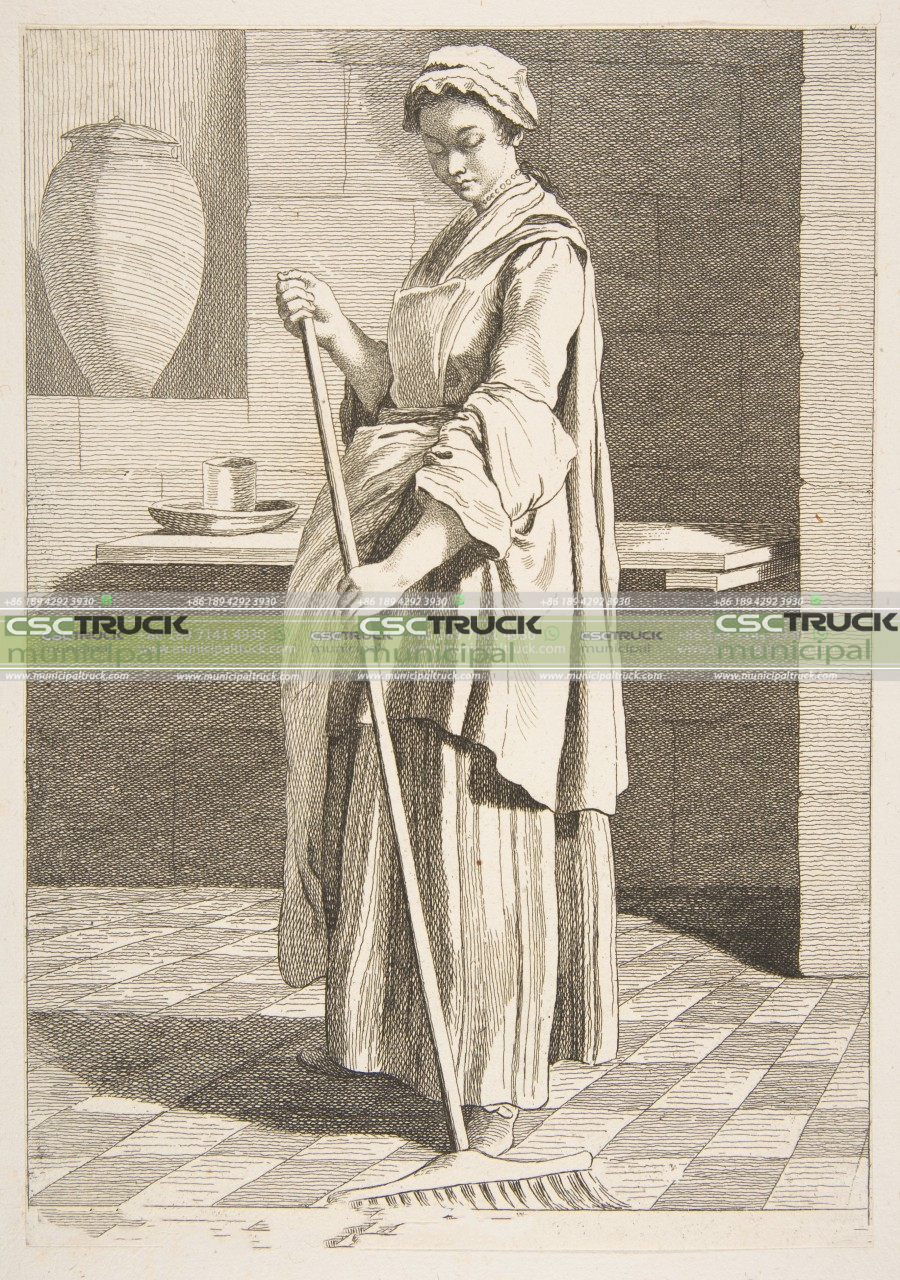
- Fast forward to the 19th century, and the Industrial Revolution brought about significant changes in urban life. As cities grew larger and more populated, the need for more efficient street cleaning methods became apparent. The horse-drawn sweeper was introduced during this time, consisting of a large, box-like structure mounted on a carriage pulled by horses. This early sweeper utilized brushes or brooms that were manually operated to sweep the streets, collecting dirt and debris into the box for later disposal.
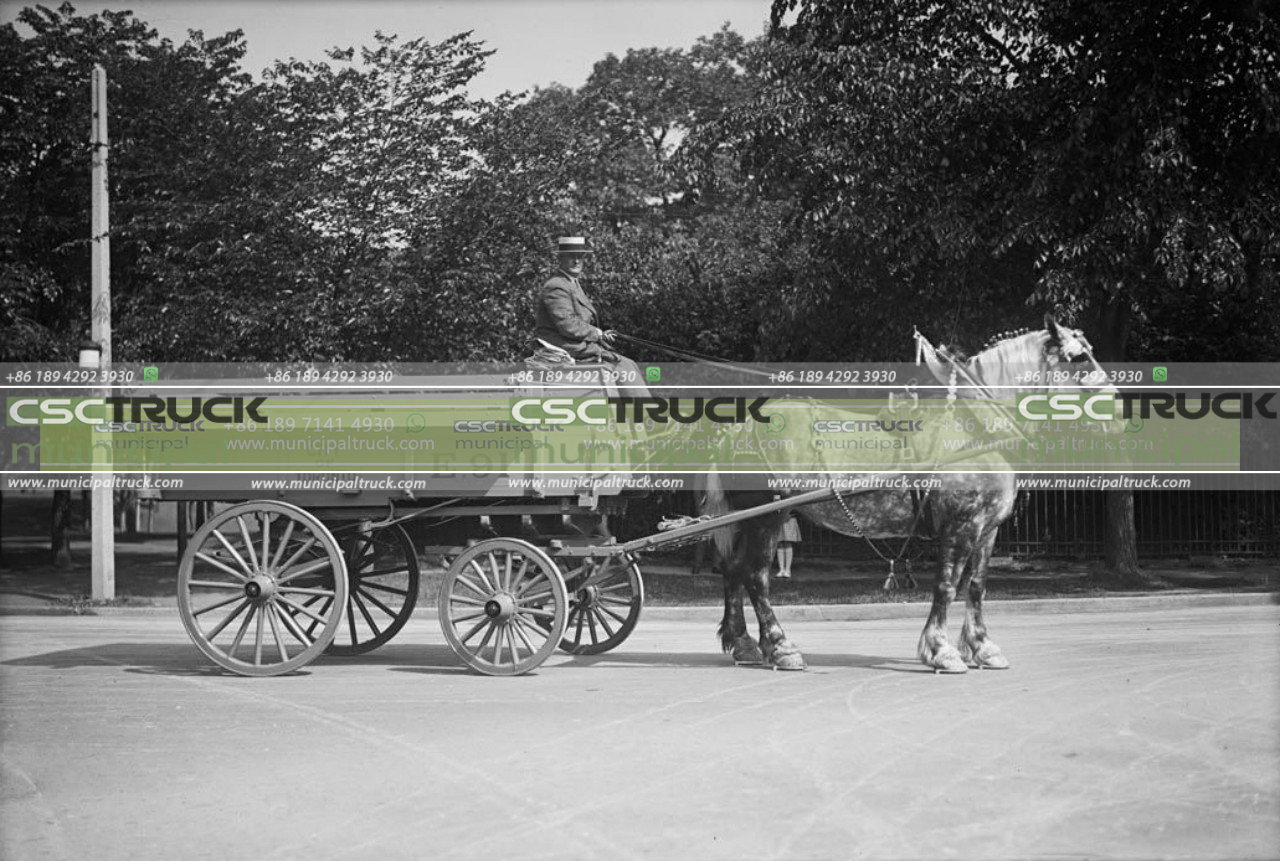
- The early 20th century marked a turning point in the development of sweeper trucks. The invention of the motor vehicle led to the creation of mechanized street sweepers. In 1914, the Elgin Sweeper Company, one of the pioneers in sweeper truck manufacturing, introduced the world’s first motorized sweeper. This groundbreaking innovation utilized a mechanical brush system powered by an internal combustion engine. The introduction of motorized sweepers brought unprecedented efficiency to street cleaning. These early models featured rotating brushes at the front, which swept debris into a collection hopper. They were an improvement over the horse-drawn sweepers, as they required fewer manual laborers and covered a larger area in less time.
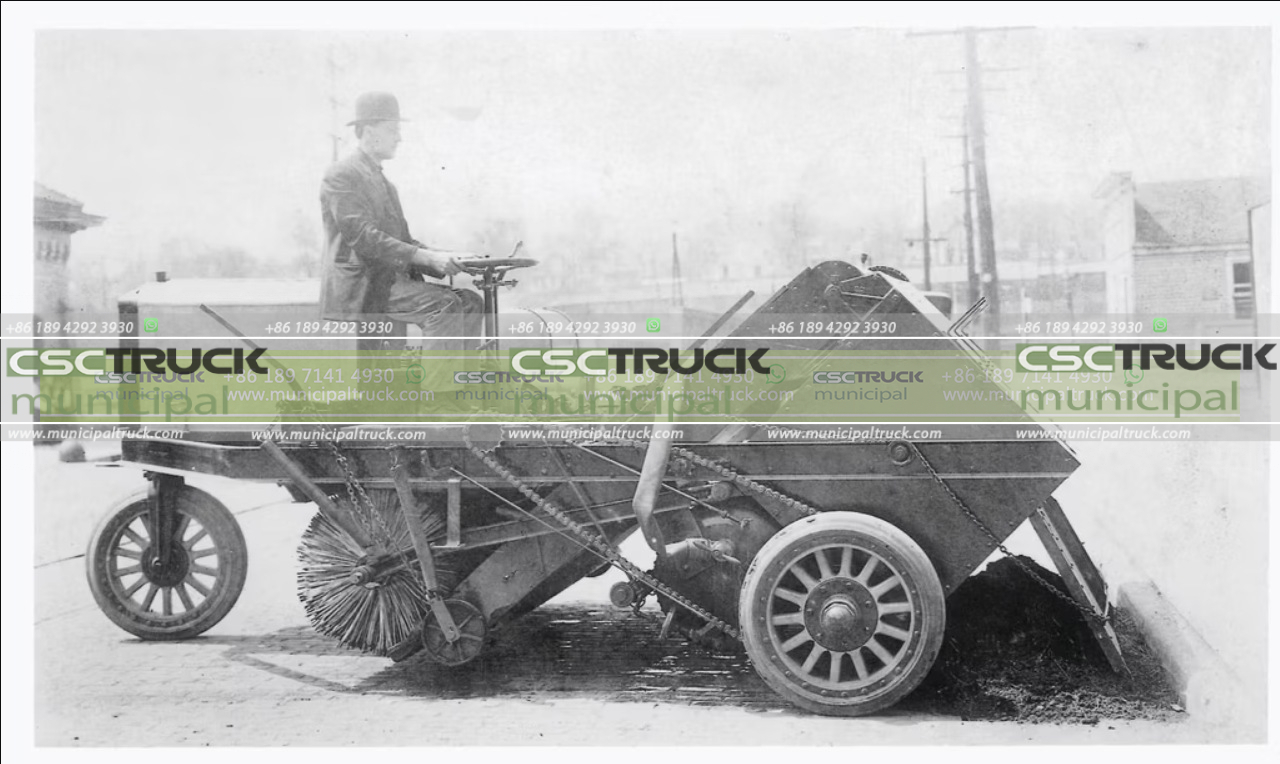
- As the decades passed, sweeper trucks continued to evolve and incorporate new technologies. In the 1940s, the development of vacuum sweepers revolutionized the industry. Vacuum sweepers, also known as regenerative air sweepers, used a powerful suction system to lift and collect dirt and debris from the streets. This new technology proved to be highly effective in removing finer particles, such as dust and leaves, which were challenging to capture with traditional brush systems.
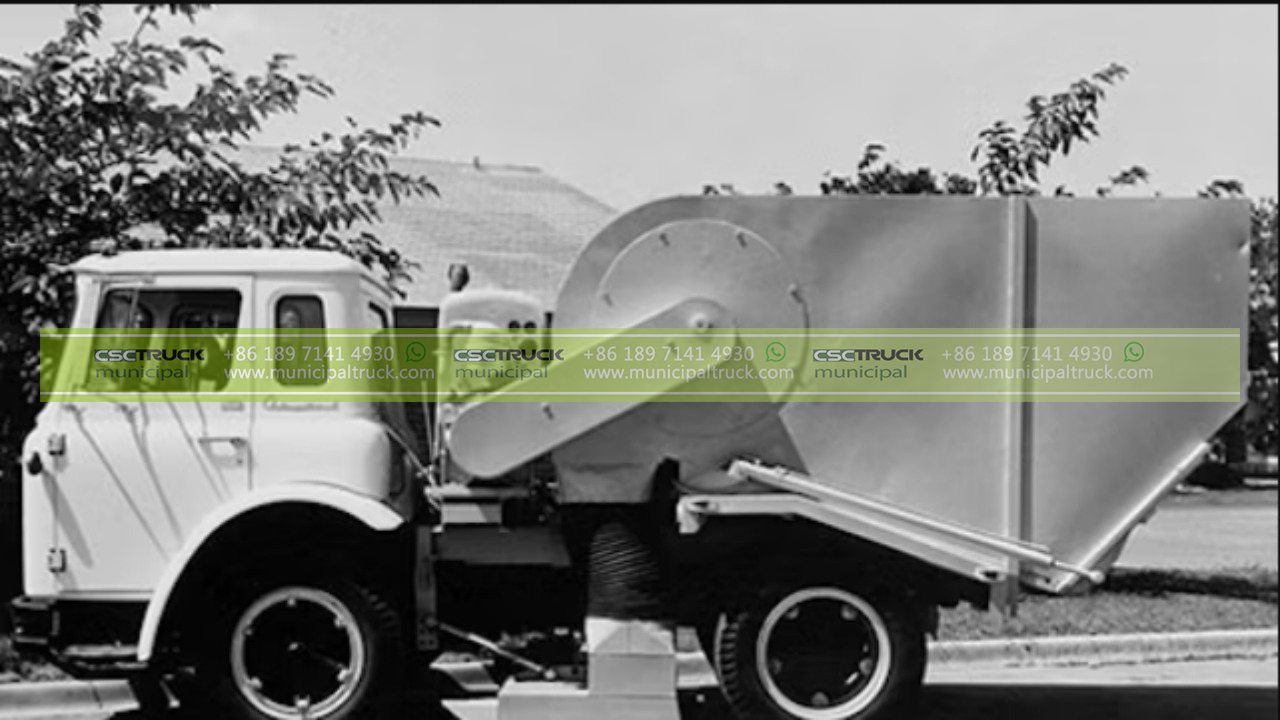
- In the 1970s, the introduction of mechanical broom sweepers further improved the efficiency of street cleaning. These sweepers featured multiple rotating brushes that swept debris into a central collection hopper. They were particularly effective in removing larger debris, such as gravel and construction waste. Mechanical broom sweepers became a common sight in cities worldwide and played a crucial role in maintaining the cleanliness of roads and public spaces.
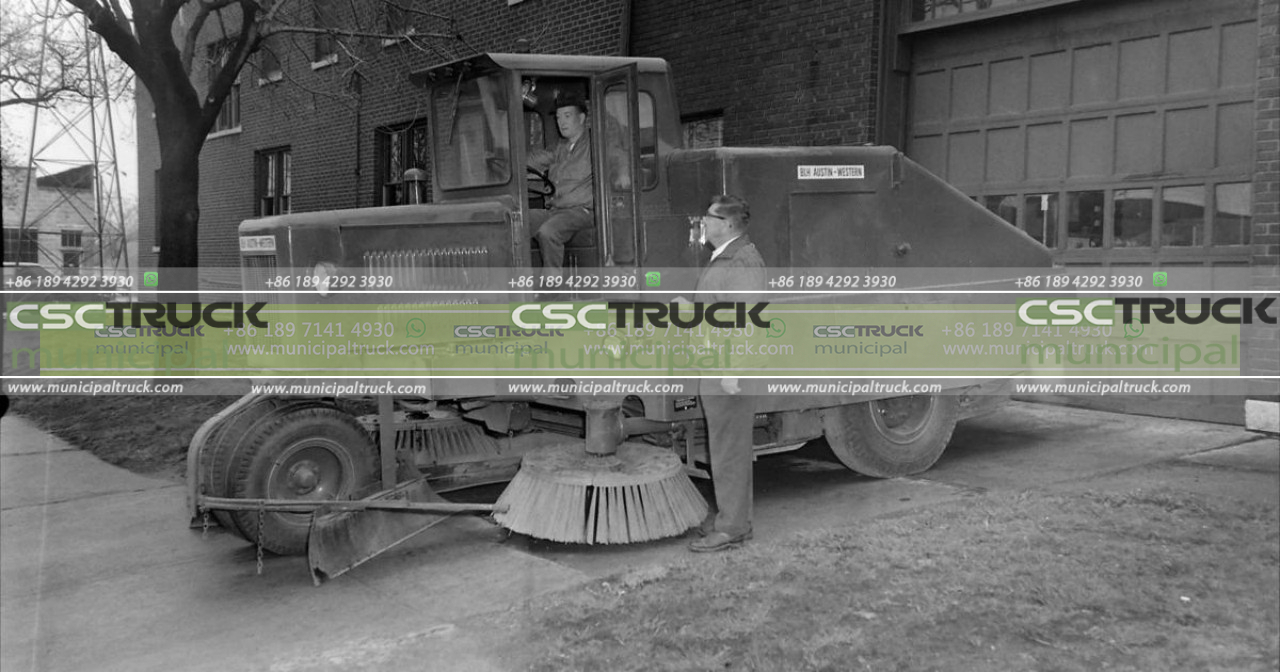
- The 21st century brought about significant advancements in sweeper truck technology. Environmental concerns and the need for sustainable solutions prompted the development of electric and hybrid sweepers. Electric sweepers, powered by rechargeable batteries, provided a quieter and emission-free alternative to traditional fuel-powered sweepers. Hybrid sweepers combined the benefits of electric and traditional engine technologies, offering improved fuel efficiency and reduced emissions.
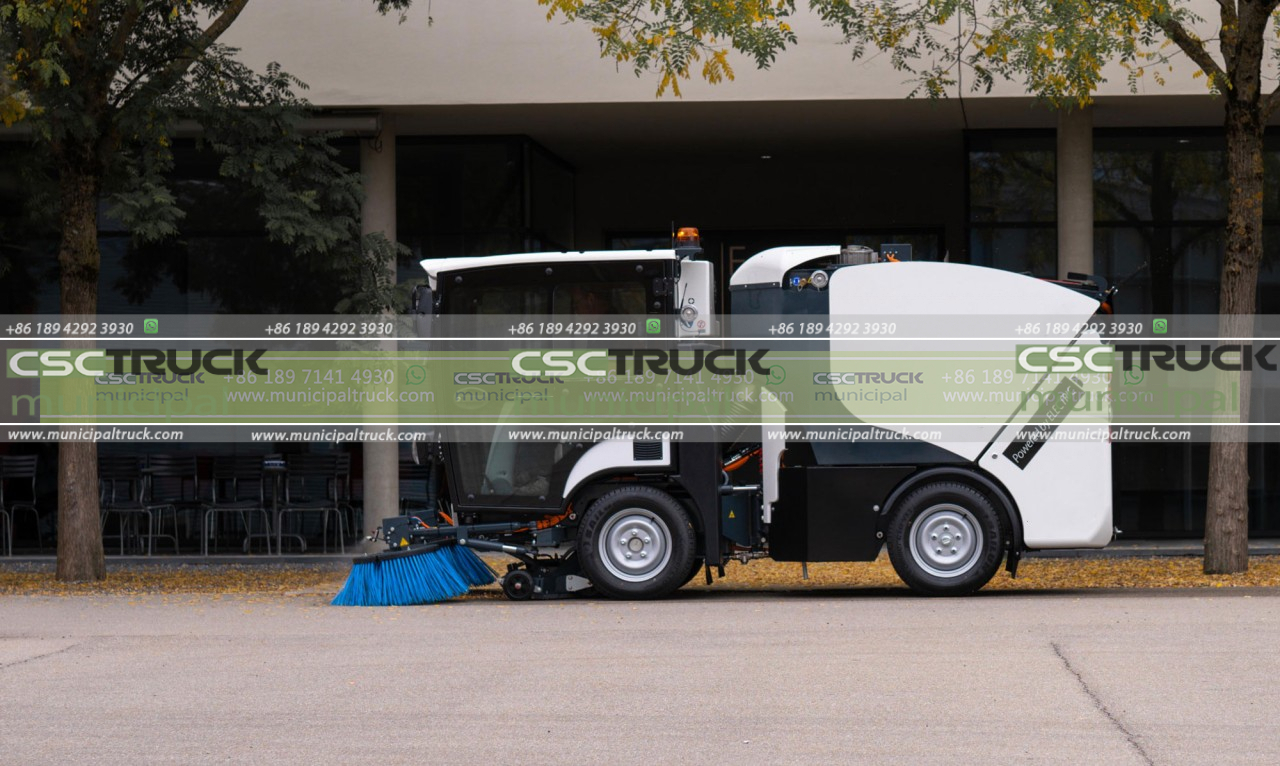
- In recent years, sweeper trucks have also incorporated advanced sensor technologies and automation. These innovations enable vehicles to navigate autonomously, detect obstacles, and optimize sweeping patterns for maximum efficiency. Additionally, the integration of GPS and telematics systems allows for real-time monitoring and management of sweeping operations, enhancing productivity and reducing costs.
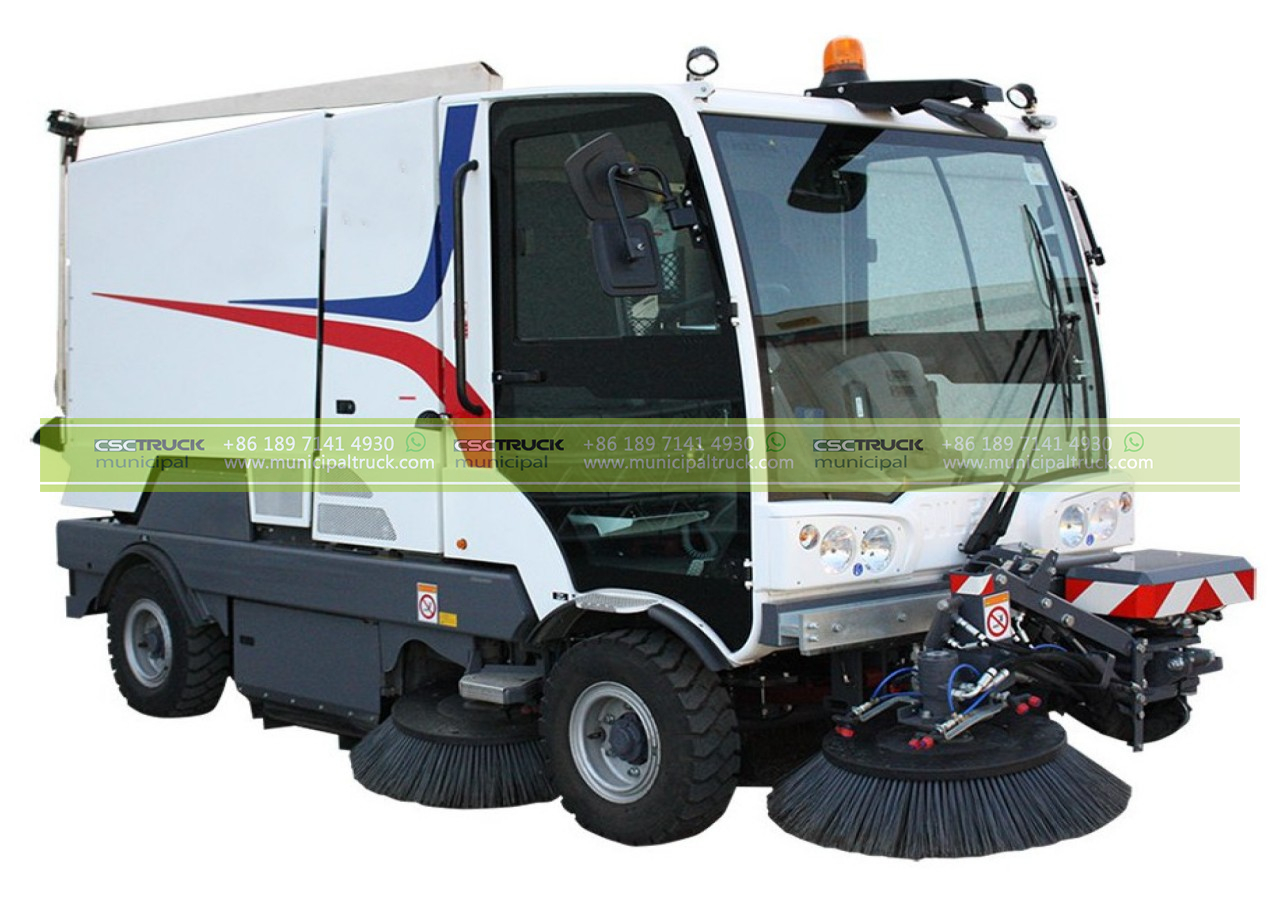 The evolution of sweeper trucks has undoubtedly transformed the way we approach street cleaning. From the manual labor of ancient civilizations to the sophisticated technology of the present day, sweeper trucks have become indispensable tool in maintaining clean and safe urban environments. With ongoing advancements in automation, electric sweepers, and data-driven optimization, sweeper trucks are poised to continue their evolution and play an even more significant role in the future of urban sanitation.
The evolution of sweeper trucks has undoubtedly transformed the way we approach street cleaning. From the manual labor of ancient civilizations to the sophisticated technology of the present day, sweeper trucks have become indispensable tool in maintaining clean and safe urban environments. With ongoing advancements in automation, electric sweepers, and data-driven optimization, sweeper trucks are poised to continue their evolution and play an even more significant role in the future of urban sanitation.
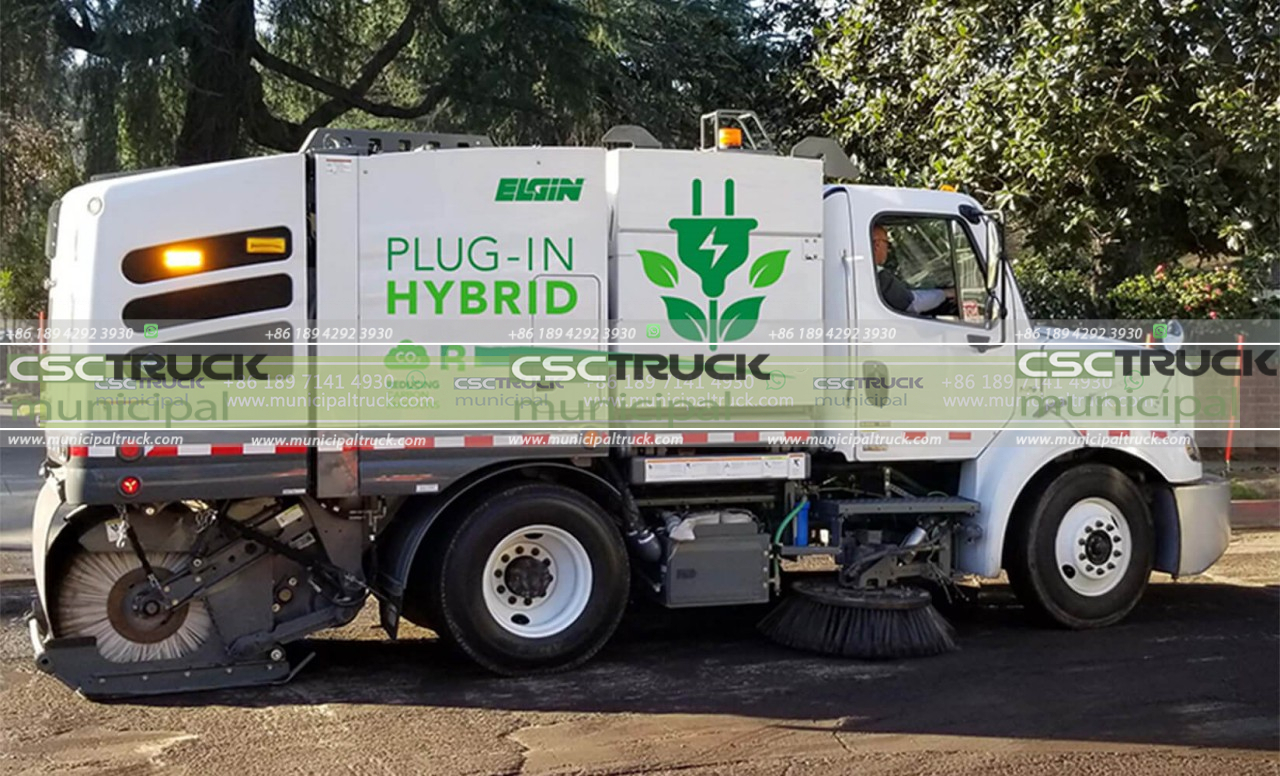 One of the key areas of focus for the future of sweeper trucks is sustainability. As cities strive to reduce their carbon footprint and promote environmentally friendly practices, the demand for eco-friendly sweepers is on the rise. Electric and hybrid sweepers have already made significant strides in this area, offering reduced emissions and quieter operations. The development of advanced battery technologies and improved charging infrastructure will further enhance the viability and efficiency of electric sweepers.
One of the key areas of focus for the future of sweeper trucks is sustainability. As cities strive to reduce their carbon footprint and promote environmentally friendly practices, the demand for eco-friendly sweepers is on the rise. Electric and hybrid sweepers have already made significant strides in this area, offering reduced emissions and quieter operations. The development of advanced battery technologies and improved charging infrastructure will further enhance the viability and efficiency of electric sweepers.
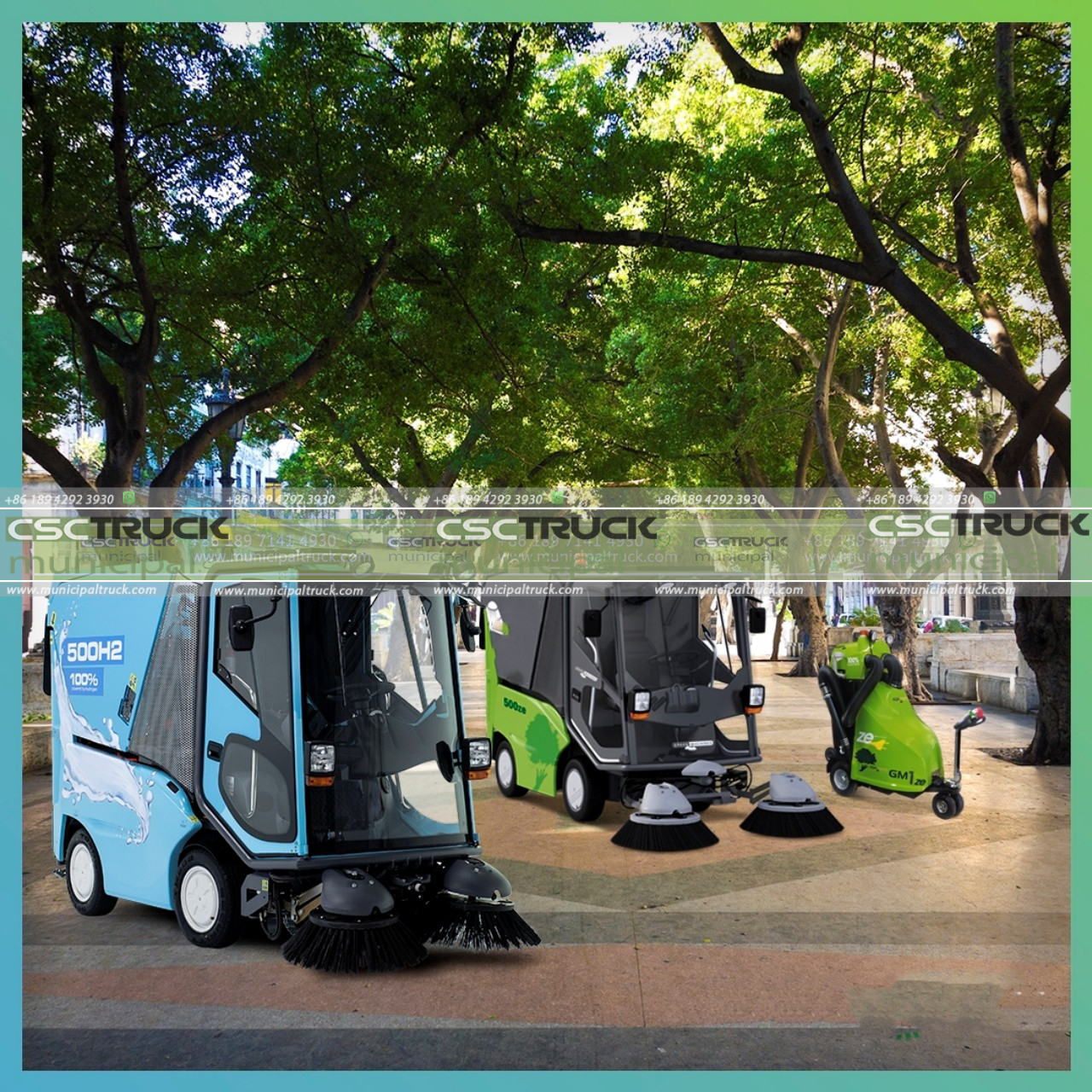 In addition to sustainability, automation and artificial intelligence (AI) are transforming the capabilities of sweeper trucks. Sensors and cameras can now detect and classify different types of debris, allowing for targeted and efficient cleaning. AI algorithms analyze data collected by the sensors, optimizing sweeping routes and adjusting brush settings based on the specific conditions of each area. This level of automation not only increases productivity but also reduces the risk of human error and ensures consistent and thorough cleaning.
In addition to sustainability, automation and artificial intelligence (AI) are transforming the capabilities of sweeper trucks. Sensors and cameras can now detect and classify different types of debris, allowing for targeted and efficient cleaning. AI algorithms analyze data collected by the sensors, optimizing sweeping routes and adjusting brush settings based on the specific conditions of each area. This level of automation not only increases productivity but also reduces the risk of human error and ensures consistent and thorough cleaning.
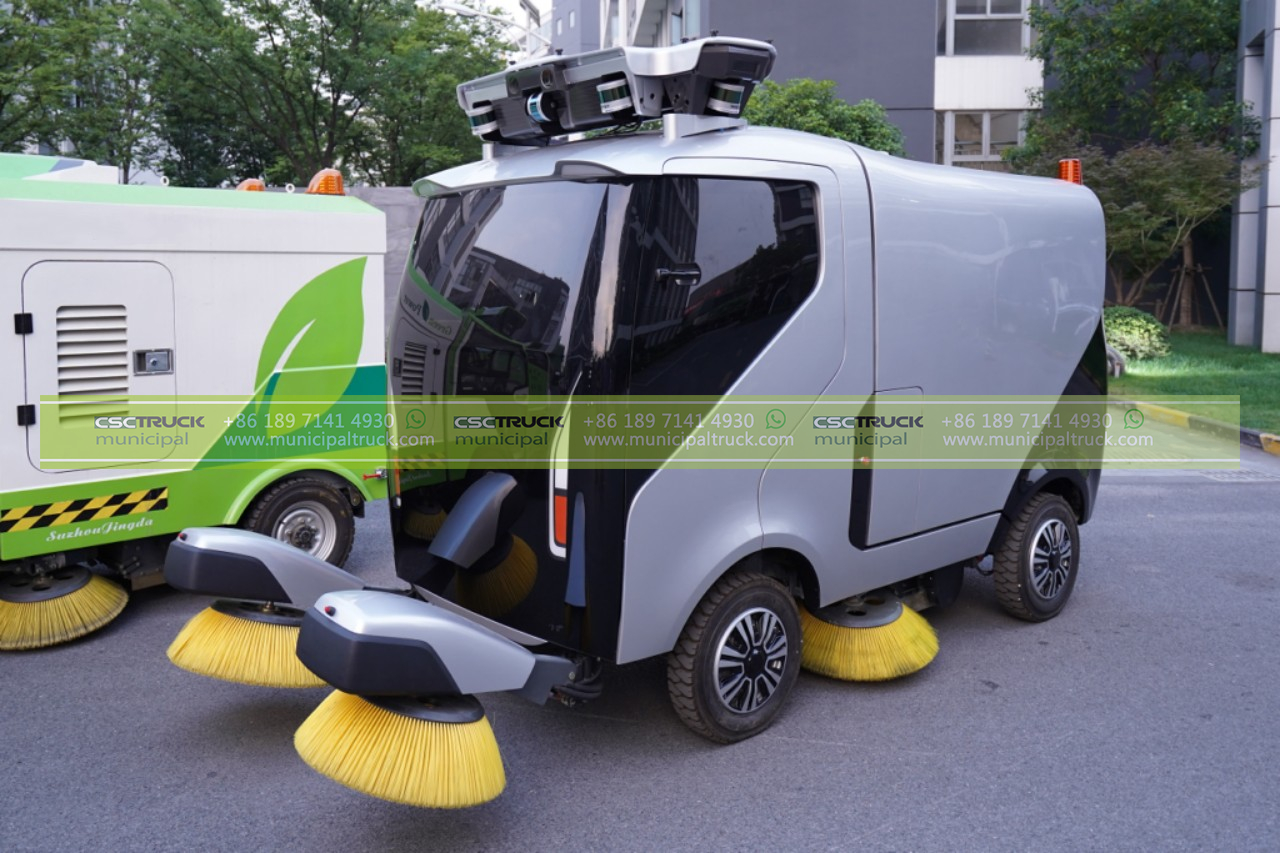 Furthermore, connectivity and data-driven insights are revolutionizing the management of sweeping operations. Integrated GPS and telematics systems enable real-time monitoring of sweeper trucks, providing valuable information on their location, performance, and maintenance needs. This data can be analyzed to identify patterns, optimize routes, and schedule maintenance, resulting in improved operational efficiency and cost savings.
Furthermore, connectivity and data-driven insights are revolutionizing the management of sweeping operations. Integrated GPS and telematics systems enable real-time monitoring of sweeper trucks, providing valuable information on their location, performance, and maintenance needs. This data can be analyzed to identify patterns, optimize routes, and schedule maintenance, resulting in improved operational efficiency and cost savings.
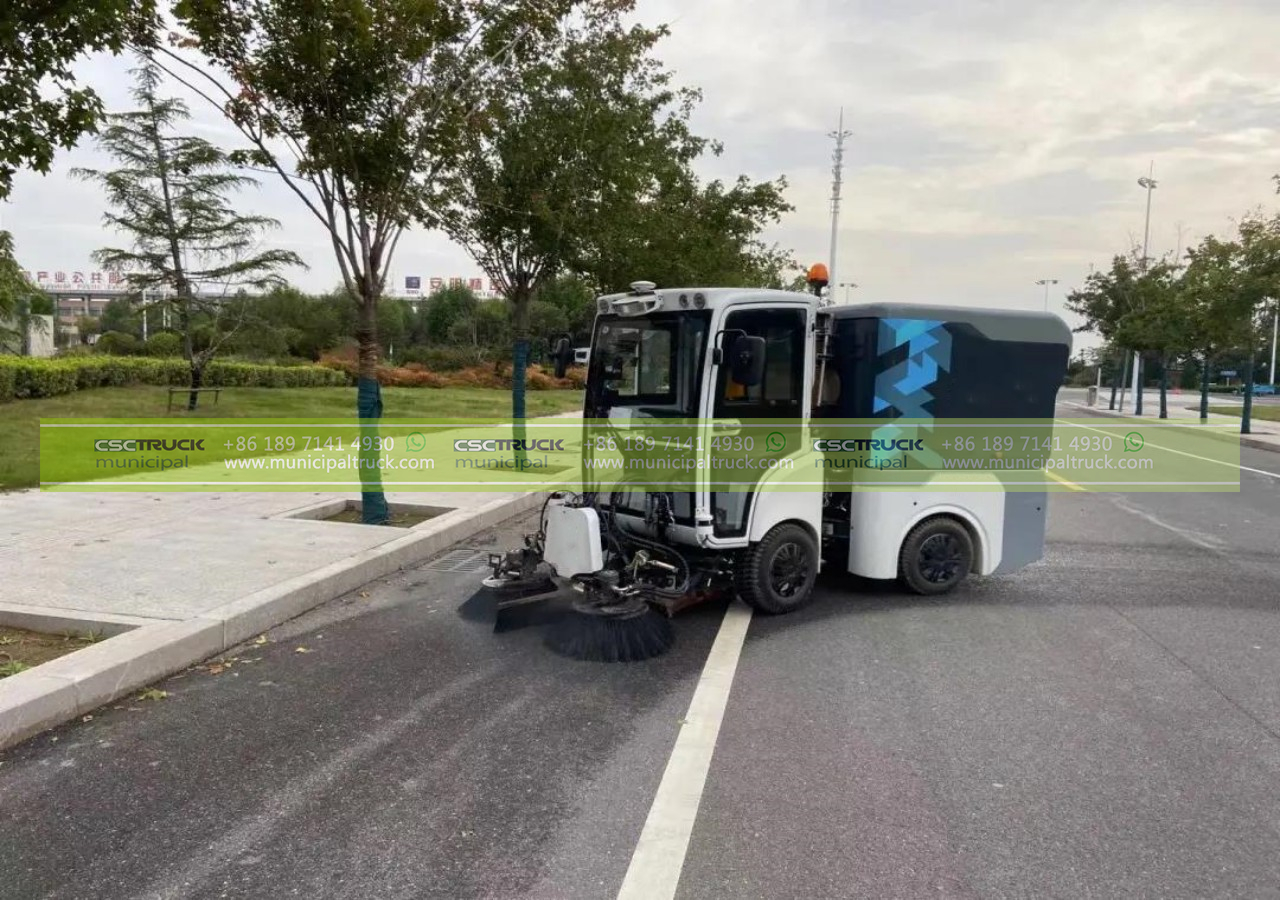 The future of sweeper trucks also holds promise for increased versatility and adaptability. Manufacturers are exploring innovative designs and modular systems that can be easily customized to address different cleaning needs. For example, some sweeper trucks are equipped with interchangeable attachments, allowing them to switch between street sweeping, leaf collection, or snow removal tasks. This flexibility ensures that cities can maximize the utilization of their sweeper trucks throughout the year and adapt to changing seasonal requirements.
The future of sweeper trucks also holds promise for increased versatility and adaptability. Manufacturers are exploring innovative designs and modular systems that can be easily customized to address different cleaning needs. For example, some sweeper trucks are equipped with interchangeable attachments, allowing them to switch between street sweeping, leaf collection, or snow removal tasks. This flexibility ensures that cities can maximize the utilization of their sweeper trucks throughout the year and adapt to changing seasonal requirements.
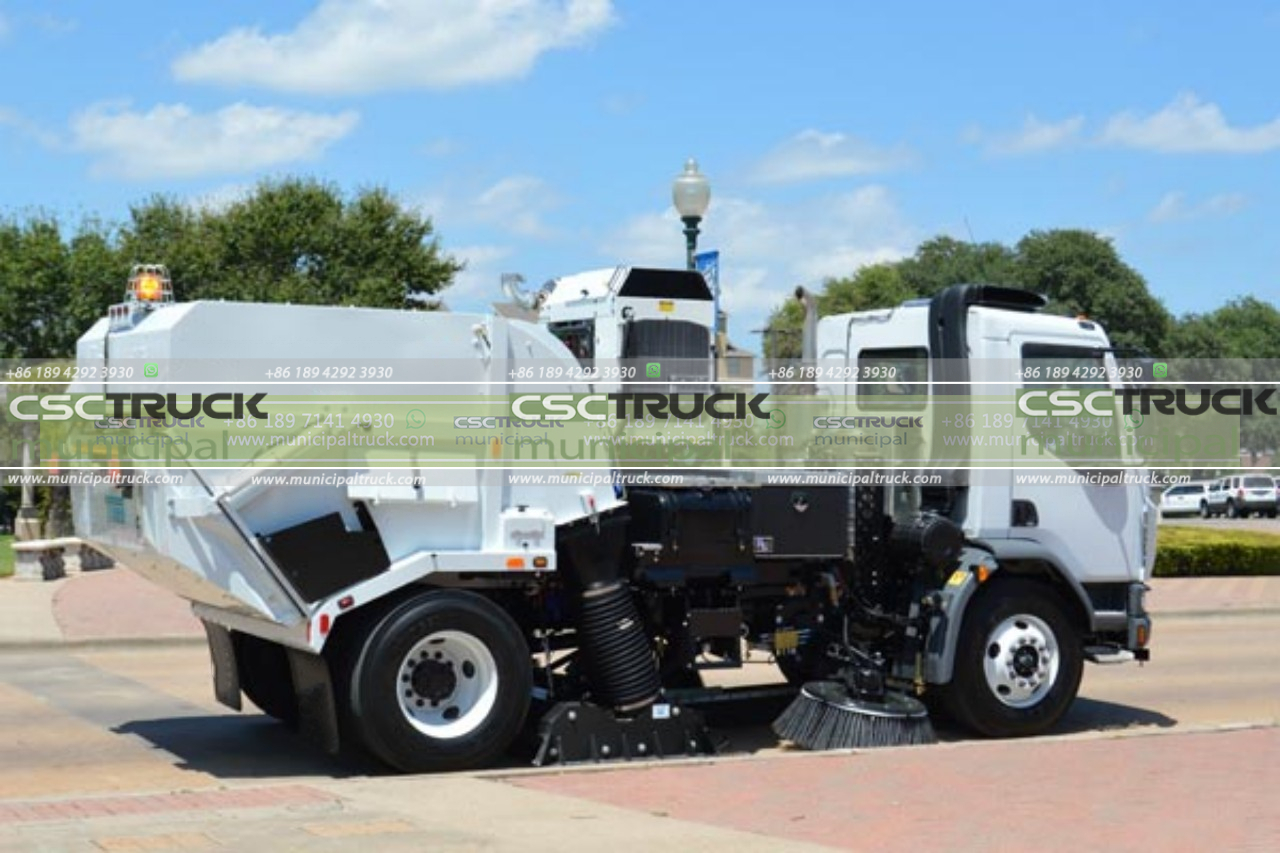 Moreover, the integration of smart city initiatives and Internet of Things (IoT) technologies opens up new possibilities for sweeper trucks. For instance, connected sensors embedded in waste bins or street infrastructure can communicate with sweeper trucks, indicating when and where cleaning is needed. This data-driven approach ensures proactive and efficient cleaning, targeting specific areas based on real-time demand rather than following a predetermined schedule.
Moreover, the integration of smart city initiatives and Internet of Things (IoT) technologies opens up new possibilities for sweeper trucks. For instance, connected sensors embedded in waste bins or street infrastructure can communicate with sweeper trucks, indicating when and where cleaning is needed. This data-driven approach ensures proactive and efficient cleaning, targeting specific areas based on real-time demand rather than following a predetermined schedule.
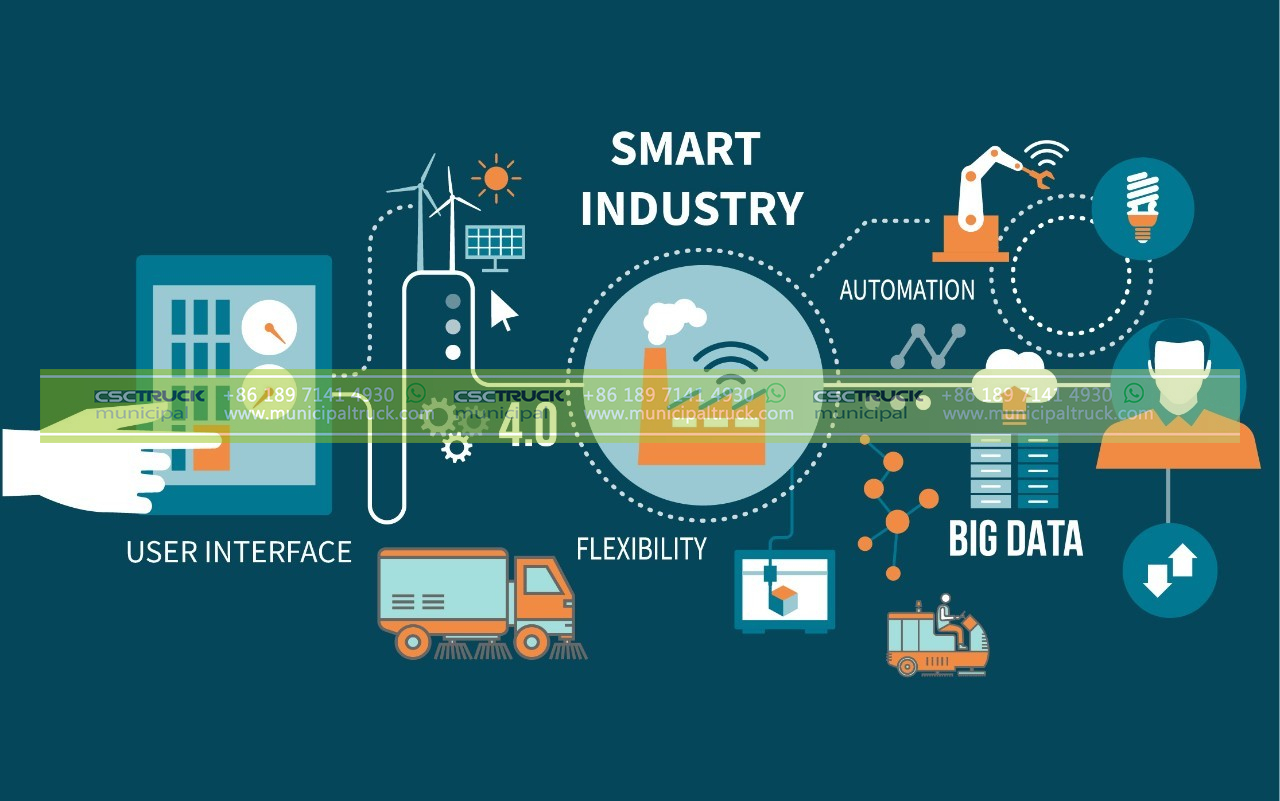 In conclusion, the evolution of sweeper trucks has been a remarkable journey, driven by the need for efficient and sustainable urban sanitation. From the manual labor of ancient civilizations to the mechanized sweepers of the 20th century and the advanced technology of today, sweeper trucks have continuously evolved to meet the demands of a rapidly growing urban landscape. With ongoing advancements in sustainability, automation, and data-driven optimization, sweeper trucks are well-equipped to play a vital role in creating cleaner, healthier, and more livable cities. As we look ahead, the future of sweeper trucks promises even more efficient, versatile, and environmentally friendly solutions to keep our streets clean and our communities thriving.
In conclusion, the evolution of sweeper trucks has been a remarkable journey, driven by the need for efficient and sustainable urban sanitation. From the manual labor of ancient civilizations to the mechanized sweepers of the 20th century and the advanced technology of today, sweeper trucks have continuously evolved to meet the demands of a rapidly growing urban landscape. With ongoing advancements in sustainability, automation, and data-driven optimization, sweeper trucks are well-equipped to play a vital role in creating cleaner, healthier, and more livable cities. As we look ahead, the future of sweeper trucks promises even more efficient, versatile, and environmentally friendly solutions to keep our streets clean and our communities thriving.
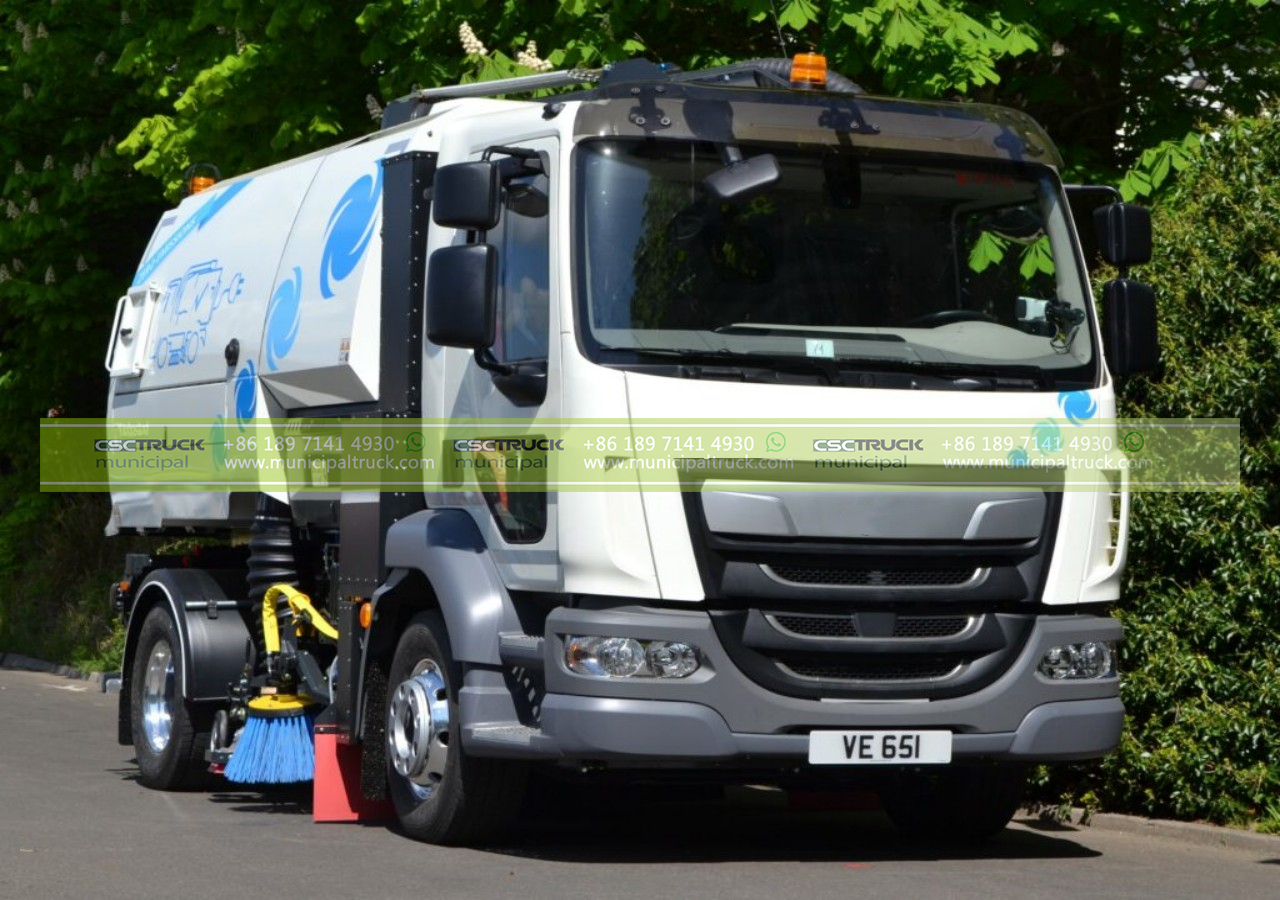
Contact us for this municipal truck or similar trucks: [email protected] Call us or What's APP us: +86 189 4292 3930
